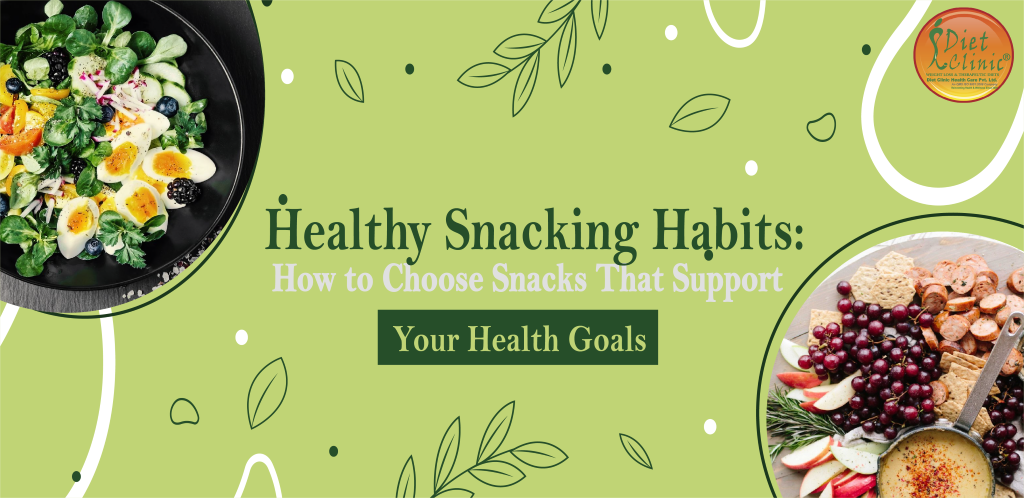
Dietician Sheela Seharawat
"Healthy Snacking Habits: How to Choose Snacks That Support Your Health Goals"
Snacking can be a great way to fuel your body and keep your energy levels up throughout the day. However, not all snacks are created equal. Many common snack foods are high in sugar, unhealthy fats, and empty calories, which can sabotage your health goals and leave you feeling sluggish.
The good news is that with a little planning and preparation, you can choose snacks that support your health goals and keep you feeling energized and satisfied. Here are some tips from dietician Sheela Seharawat on how to choose healthy snacks:
1. Focus on whole foods
The most nutritious snacks are those that are made from whole, minimally processed foods. These foods are rich in vitamins, minerals, and other essential nutrients that your body needs to thrive. Some examples of healthy whole-food snacks include fresh fruit, raw vegetables with hummus or guacamole, and plain Greek yogurt with berries.
2. Choose high-fiber options
Fiber is an important nutrient that helps keep you feeling full and satisfied between meals. High-fiber snacks can also help regulate your blood sugar levels and promote healthy digestion. Some great high-fiber snack options include apples with almond butter, popcorn, and roasted chickpeas.
3. Look for protein-rich options
Protein is essential for building and repairing muscle tissue, and it can also help keep you feeling full and satisfied between meals. Snacks that are rich in protein can be especially beneficial if you’re trying to build muscle or lose weight. Some examples of protein-rich snacks include hard-boiled eggs, nuts and seeds, and roasted edamame.
4. Avoid processed snacks
Many common snack foods, such as chips, cookies, and candy, are highly processed and contain little to no nutritional value. These foods are often high in sugar, unhealthy fats, and empty calories, which can leave you feeling hungry and unsatisfied. Instead of reaching for these processed snacks, try to stick to whole-food options whenever possible.
5. Plan ahead
One of the best ways to ensure that you’re making healthy snacking choices is to plan ahead. Take some time each week to plan out your snacks for the coming days, and make sure that you have plenty of healthy options on hand. This can help you avoid the temptation to reach for unhealthy snacks when hunger strikes.
6. Don’t forget about hydration
Staying hydrated is key to maintaining good health, and it’s especially important when snacking. Drinking water throughout the day can help keep you feeling full and energized, and it can also help prevent overeating. If you’re looking for a hydrating snack, try snacking on water-rich fruits and vegetables, such as cucumbers, watermelon, and strawberries.
7. Keep it balanced
Finally, it’s important to keep your snacks balanced and nutritious. Try to include a mix of carbohydrates, protein, and healthy fats in each snack to help keep your energy levels stable and your hunger at bay. Some great examples of balanced snacks include apple slices with almond butter, a hard-boiled egg with a piece of fruit, or a smoothie made with berries, spinach, and Greek yogurt.
By following these tips, you can choose snacks that support your health goals and keep you feeling energized and satisfied throughout the day. Remember to focus on whole, minimally processed foods, choose high-fiber and protein-rich options, plan ahead, stay hydrated, and keep your snacks balanced and nutritious. With a little practice, you can make healthy snacking a habit that supports your overall health and wellbeing.










